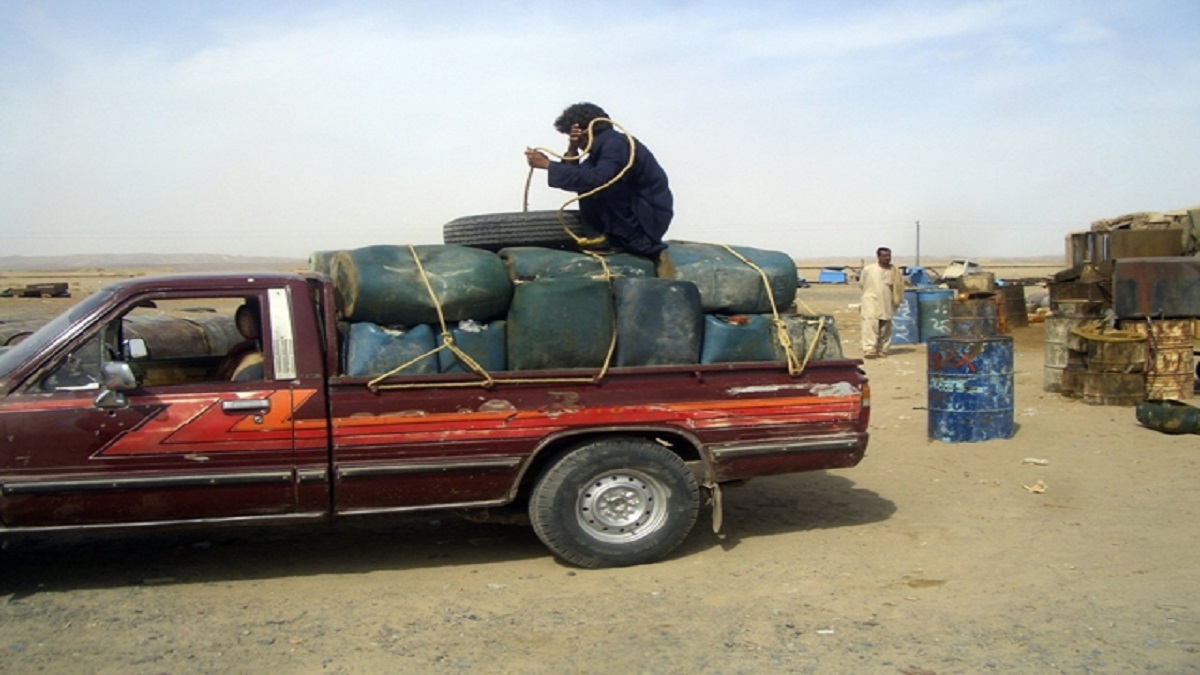Balochistan’s Chief Minister, Mir Abdul Quddus Bizenjo, has recently given the green light for Iranian petrol sales in Quetta and surrounding regions, according to reports. This move follows the previous prohibition on these sales due to the illegal smuggling of Iranian petrol into Pakistan.
Following the ban’s enforcement, Bizenjo called on the Inspector General of Police to halt the crackdown operation, citing the need to support the numerous families that depend on the sale of Iranian petrol for their livelihood. This decision highlights the broader socio-economic impacts of the ban.
In Pakistan, the Oil and Gas Regulatory Authority (OGRA) determines oil and gas prices. Bizenjo emphasized that banning the sale of Iranian petrol could result in significant income loss for many households.
However, he also stipulated that petrol sales should occur away from densely populated areas, thereby banning these transactions within residential zones.
Read More: Refinery Official Warns Of Daily Smuggling Of 8 Million Liters Of Iranian Diesel Into Pakistan
Bizenjo’s decision has received widespread acclaim from Balochistan’s political and societal figures, recognizing it as a necessary step to preserve many livelihoods. Mir Ziaullah Langau, Balochistan’s Minister for Home and Tribal Affairs, also endorsed the Chief Minister’s orders, stating they were in the best interest of the local populace.
Last month, Pakistani entrepreneurs reported a surge in the smuggling of Iranian fuel. The Pakistan Petroleum Dealers Association (PPDA) claims that this illicit activity, which accounts for 35% of the nation’s fuel, has spread across the country, using Balochistan as a gateway.
In April, the government directed law enforcement to crackdown on this smuggling activity. Official records suggest that illicit sales of fuel have resulted in a 40% reduction in legal fuel transactions.
According to S&P Global Commodity Insights, the lower cost of Iranian petrol, which is Rs. 53 per liter less than Pakistan’s retail rate, is a primary driver of its demand and subsequent smuggling.





















